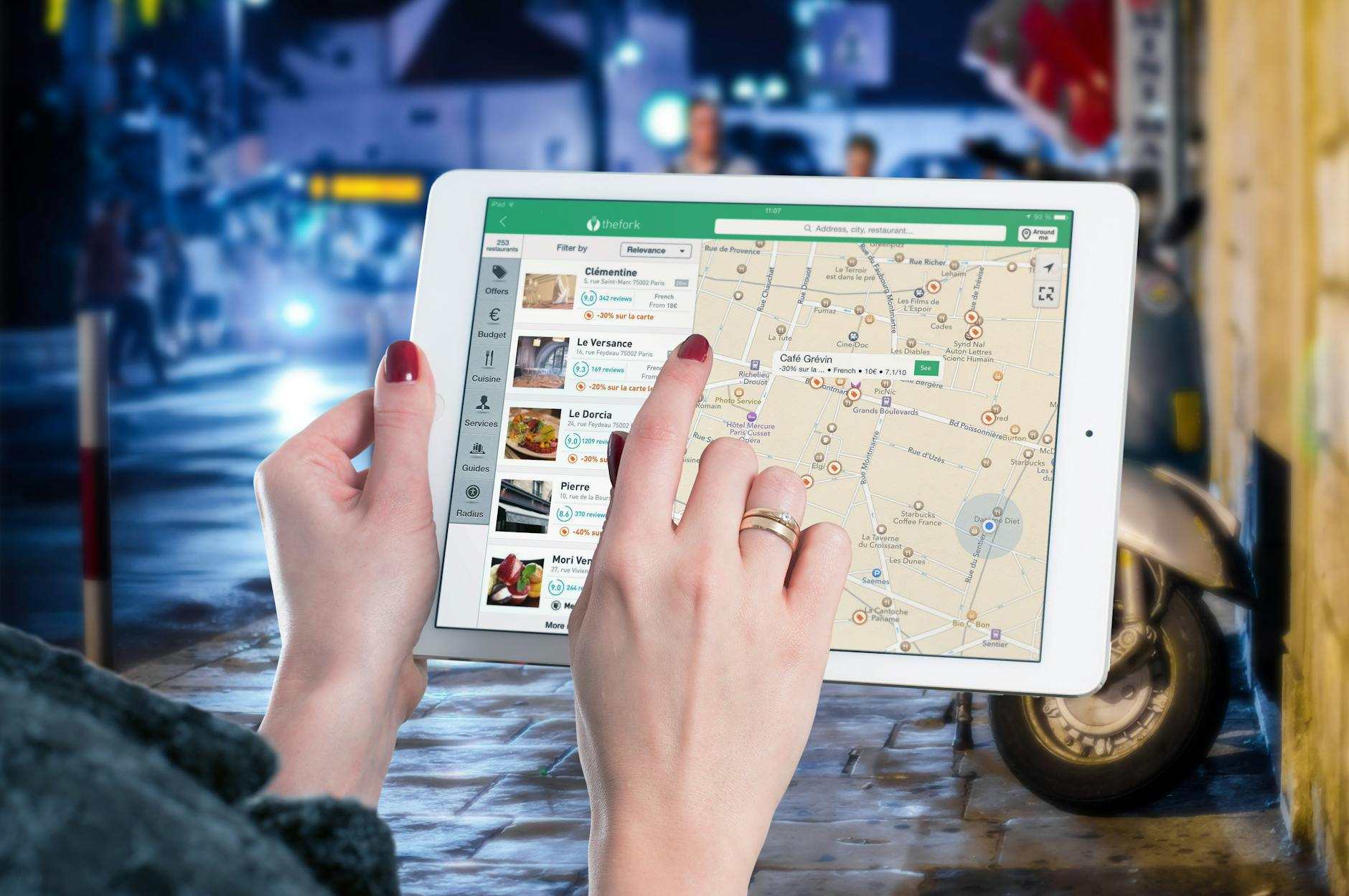The Future of Renewable Energy: Innovations and Challenges
Renewable energy is at the forefront of the global push towards a sustainable future. As the world grapples with climate change and environmental degradation, renewable energy sources such as solar, wind, and hydropower are becoming increasingly crucial. This article delves into the latest innovations in renewable energy and the challenges that lie ahead.
Contents
Innovations in Renewable Energy
Recent advancements in renewable energy technology are paving the way for a more sustainable future. Here are some of the most notable innovations:
- Solar Power: Advances in photovoltaic (PV) technology have led to the development of more efficient and affordable solar panels. Innovations such as bifacial panels and solar skins are enhancing the aesthetics and functionality of solar installations. Additionally, solar farms are being integrated with agricultural activities in a practice known as agrivoltaics, where crops are grown under solar panels, optimizing land use and increasing food production.
- Wind Energy: The development of larger and more efficient wind turbines is increasing the capacity of wind farms. Floating wind farms, which can be installed in deep ocean waters, are expanding the potential for wind energy generation. Moreover, advancements in turbine blade design and materials are improving the efficiency and durability of wind turbines, making wind energy more viable in various environments.
- Energy Storage: Breakthroughs in battery technology are crucial for storing renewable energy. Innovations such as solid-state batteries and flow batteries are improving energy storage capacity and reliability. These advancements are essential for addressing the intermittency of renewable energy sources, ensuring a stable and continuous power supply.
- Smart Grids: The integration of smart grid technology is enhancing the efficiency and reliability of renewable energy systems. Smart grids enable better demand management, reduce energy waste, and facilitate the integration of diverse energy sources. They also support the development of decentralized energy systems, where local renewable energy production can directly supply nearby communities, reducing transmission losses and increasing energy resilience.
Challenges Facing Renewable Energy
Despite the promising advancements, renewable energy faces several challenges that must be addressed to achieve widespread adoption:
- Intermittency: Renewable energy sources such as solar and wind are intermittent, meaning they do not produce energy continuously. Developing effective energy storage solutions and backup systems is essential to mitigate this issue. This challenge also includes the need for advanced forecasting and grid management tools to balance supply and demand efficiently.
- Infrastructure: Upgrading existing infrastructure to accommodate renewable energy sources requires significant investment. Building new transmission lines and integrating renewable energy into the grid are complex and costly endeavors. Additionally, the development of microgrids and local energy networks is necessary to support decentralized energy generation and consumption.
- Policy and Regulation: Government policies and regulations play a critical role in the adoption of renewable energy. Ensuring supportive and consistent policies is necessary to encourage investment and innovation in the sector. This includes setting ambitious renewable energy targets, providing subsidies and incentives, and implementing carbon pricing mechanisms to make renewable energy more competitive.
- Public Perception: Gaining public support for renewable energy projects is essential. Addressing concerns about the environmental impact, aesthetics, and noise of renewable energy installations can help build community acceptance. Public education and engagement are crucial for demonstrating the benefits of renewable energy and addressing misconceptions.
The Path Forward
The future of renewable energy is promising, but overcoming the challenges requires a collaborative effort from governments, industries, and communities. Continued investment in research and development, supportive policies, and public engagement are key to unlocking the full potential of renewable energy. Technological innovation, coupled with effective policy frameworks and community support, can drive the transition towards a sustainable energy future.
One promising area is the integration of renewable energy with other sectors, such as transportation and industry. Electrification of transport using renewable energy sources can significantly reduce carbon emissions. Similarly, industries can adopt renewable energy to power their operations, contributing to overall sustainability goals. Collaborative efforts to develop and deploy such integrated solutions are crucial for maximizing the impact of renewable energy.
Furthermore, international cooperation and knowledge sharing are vital for accelerating the global transition to renewable energy. Countries can learn from each other’s experiences, adopt best practices, and work together to overcome common challenges. Global initiatives and partnerships can help mobilize resources, share technological advancements, and ensure that all nations benefit from the transition to renewable energy.
By embracing innovation and addressing the challenges head-on, we can create a sustainable energy future that benefits both the environment and society.
Keywords: renewable energy, solar power, wind energy, energy storage, smart grids, sustainability
Energy Save Products




